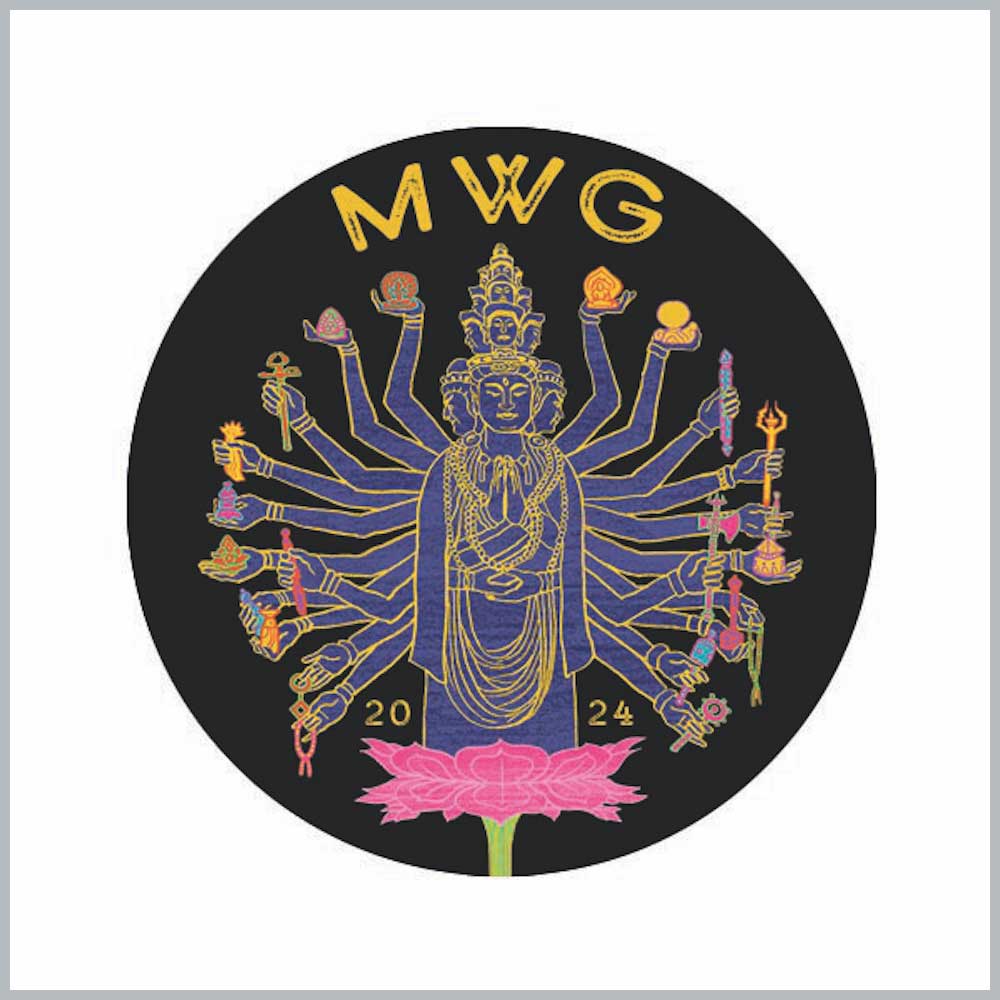Antara Yātrā: Collecting Oral Histories of Hindu-American Faith Journeys
Vineet Chander
EdD candidate, Higher Education Administration
New York University
Foundational scholarship on Hindu-American emerging adults has generally examined this community only with reference to cultural identity or the problematic embrace of Hindutva. To date, few studies have examined Hindu-Americans’ faith journeys; practically no scholarship centers their voices in articulating their own stories. While theorists have explored faith development in emerging adults, none of these studies have looked at Hindu-Americans. As a result, the faith component is not acknowledged as component of Hindu-Americans’ stories and risk the erasure or their narratives. This project seeks to remedy this gap by collecting the oral histories of Hindu-Americans with regard to their faith journeys. Utlizing this method recognizes the agency of the narrators in articulating their lived experience. With an interest in the power of place and time, both faith development theory and pilgrimage studies are employed as conceptual lenses to better understand the histories.

Exploring Restorative Justice as a Healing Process to Address Caste Discrimination Cases on US Campuses
Jeffery Long | Professor of Religion, Philosophy and Asian Studies | Elizabethtown College
Vrajvihari Sharan | Director for Hindu Life & Adjunct Professor | Georgetown University
Asha Shipman | Director of Hindu Life | Yale University
We propose forming a working group to explore the feasibility a restorative justice response on US campuses to address caste discrimination. US campuses have been considering or have added caste discrimination as part of their non-discrimination policies which move it into the domain of criminal justice and equate it to racial discrimination. In recent years campus administrators have begun employing restorative justice practices to address student misconduct and bias incidents in a way that aids in conflict resolution while also fostering healing, fairness, feelings of belonging, and closure. The topic of caste is very tender and sensitive within the US Hindu community, leading to deep anxiety about how to properly address it. Hindu chaplains are well equipped to create safe and equitable spaces similar to the restorative justice space. Analogous practices within dharmic traditions which mirror restorative justice practices suggest restorative practices would be well received by the Hindu community.
Keywords: Caste, Education, Hinduism, Restorative Justice

May We Gather: Multi-Part Public Speaker Series on Asian American Buddhist Historical Recovery and Resilience
Funie Hsu | Associate Professor, American Studies | San José State University
Duncan Williams | Professor of Religion and East Asian Languages & Cultures and Director of the USC Shinso Ito Center for Japanese Religions and Culture | USC
Chenxing Han | Independent Scholar
May We Gather began in spring 2021 as a response to anti-Buddhist and anti-Asian violence and erasure. We are now planning for a major in-person pilgrimage in spring 2024 to mark the three-year memorial date of the Atlanta shootings. As educators, we find it particularly meaningful that May We Gather has been taught in a numerous of educational contexts, from high school, college, and divinity school classrooms to Buddhist temples and inter-religious communities. For the purposes of this APARRI Working Group, our aim is to increase the educational impact of the spring 2024 pilgrimage by organizing a multi-part speaker series in the winter of
2023/2024 on Asian American Buddhist Historical Recovery and Resilience.
Keywords: Asian American, Buddhism, Education
